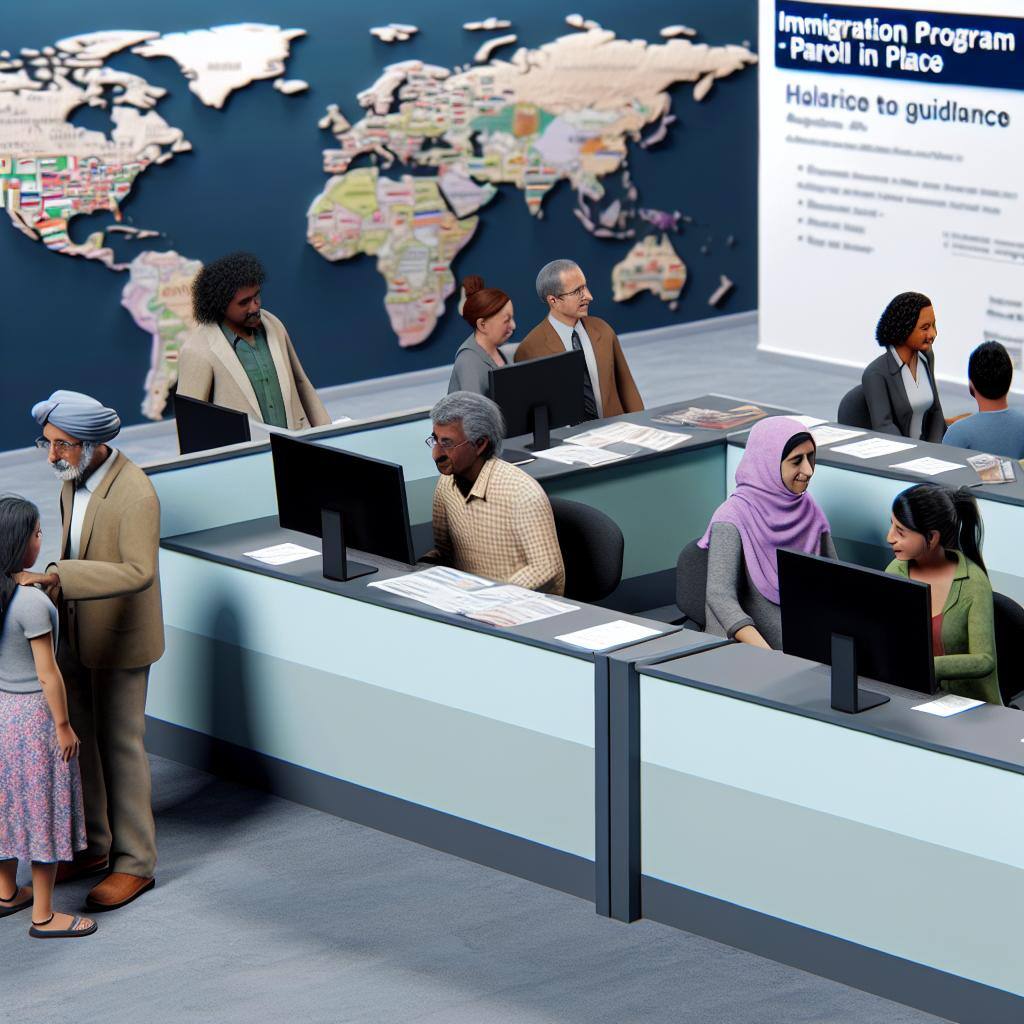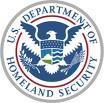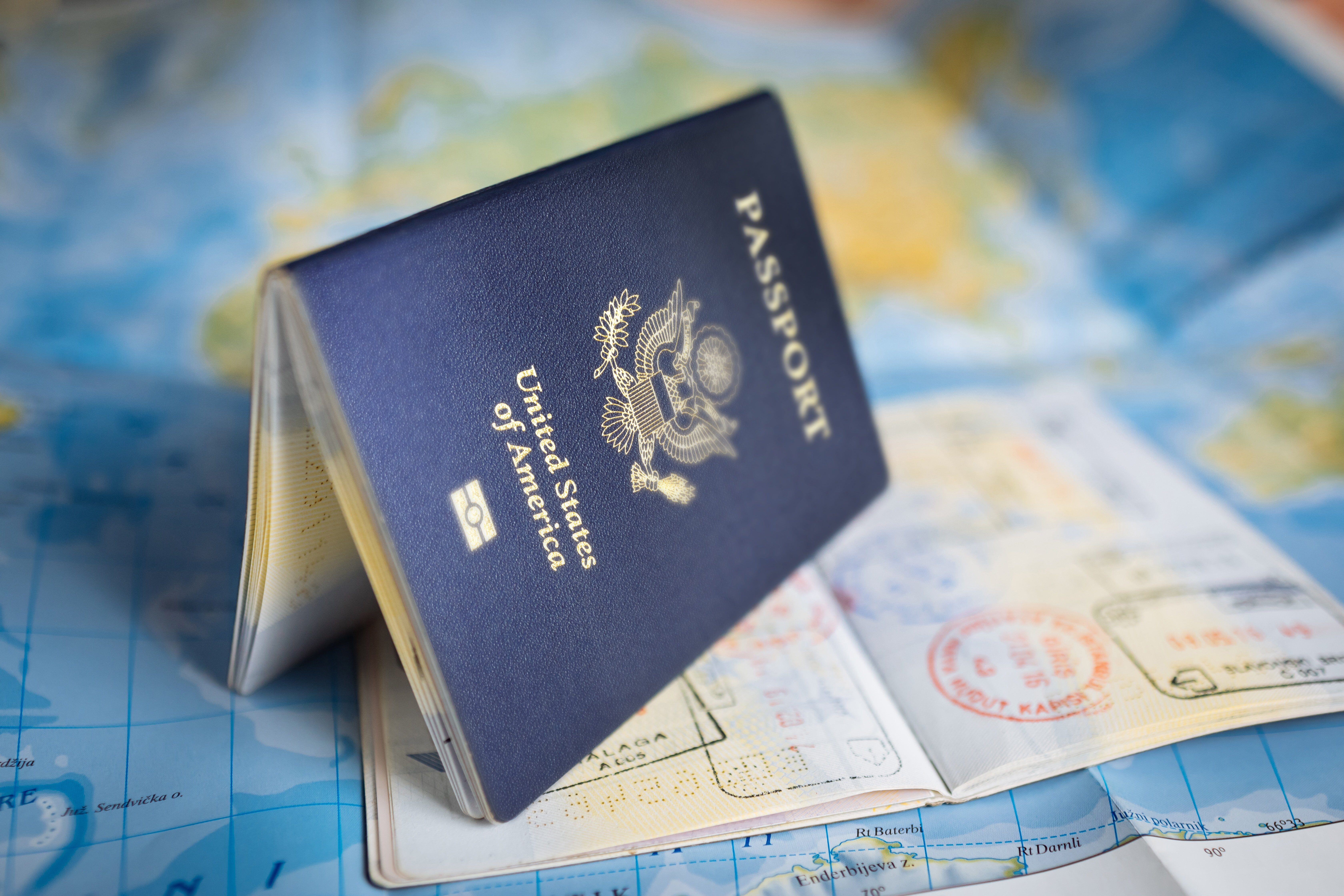What is a Temporary (Nonimmigrant) Visa?
 People who want to come to the United States for a limited time need what is called a "nonimmigrant" visa. This lets them participate in specified activities (such as studying, visiting, or working) until their visa runs out. Students and businesspeople make up the largest groups of nonimmigrant visa holders. Nonimmigrant visas are also issued for tourists, exchange visitors, and workers with some kind of specialty that is lacking in the U.S. workforce. Most South Africans obtain a nonimmigrant visa first. Most of these visas are valid for three years and then may be renewed for three years. During that six year period, most South Africans apply for a green card especially if they were not initially eligible for permanent residency when they applied for their nonimmigrant visa.
People who want to come to the United States for a limited time need what is called a "nonimmigrant" visa. This lets them participate in specified activities (such as studying, visiting, or working) until their visa runs out. Students and businesspeople make up the largest groups of nonimmigrant visa holders. Nonimmigrant visas are also issued for tourists, exchange visitors, and workers with some kind of specialty that is lacking in the U.S. workforce. Most South Africans obtain a nonimmigrant visa first. Most of these visas are valid for three years and then may be renewed for three years. During that six year period, most South Africans apply for a green card especially if they were not initially eligible for permanent residency when they applied for their nonimmigrant visa.
Applying for a U.S. Visa
After figuring out what type of visa or green card you're eligible for, you'll need to figure out how to get it. Most people must obtain a visa at a U.S. consulate in Johannesburg before departing for the United States. You will need an appointment at the Consulate. If you're already in the United States legally, you may be able to apply to "adjust" your status to permanent resident, or "change" your status to another type of visa.
What are the most Common U.S. Visas issued to South Africans?
The Most Common Non-Immigrant Visas Issued to South Africans
B-1/B2 Visa Business or Tourism Visitors
These visas are issued to persons wishing to visit the U.S. or conduct business, including such things as a need to consult with business associates, negotiate a contract, buy goods or materials, settle an estate, appear in a court trial, and participate in business or professional conventions or conferences or, where an applicant will be traveling to the United States on behalf of a foreign employer for training or meetings. The individual may not receive payment (except for incidental expenses) from a United States source while on this visa.
The following activities require a working visa, and may not be carried out by business visitors:
- Running a business
- Gainful employment
- Payment by an organization within the US
- Participating as a professional in entertainment or sporting events
Student Visas -The F or M Visa
Are granted to nonimmigrant’s coming to the US to participate in a full time course of study. As with all nonimmigrant classifications, the most important requirement to obtain a student visa is the demonstration of nonimmigrant intent. The student must maintain a home abroad that they have no intention of abandoning. The student must be coming to the US to pursue a full course of academic study at a community college or accredited university in order to qualify for an F-1 student visa and must pursue a full time course of study in vocational or other on academic programs, other than language training to qualify for an M-1 visa. In either case, the student must demonstrate that they possess the financial resources to allow them to study without the need to engage in unauthorized employment. Most students are able to get approved for a stay equal to the duration of their studies in the US and can study in any pre-approved institution.
The H-1B Visa or Professional Visa
Is for foreign workers who will hold specialty occupations. Generally speaking, a specialty occupation is one which " which requires the attainment of a bachelor's degree or higher in a specific specialty as a minimum for entry into the occupation in the United States." However specialized knowledge may be acceptable in lieu of a degree. The foreign national must have the required degree, or its equivalent, in a subject closely related to the position.
You must have a job offer from a qualified U.S. employer for work to be performed in the U.S., The application process for the H-1B visa includes the employer filing a Labor Condition Application (LCA) with the U.S. Department of Labor certifying that the employer will pay the prevailing wage. It also includes filing a petition with the USCIS. This process usually takes several months. However, the USCIS offers an option for premium processing. For a $1,000 fee, the USCIS will process the petition in 15 days or less.
The L-1 Visa or Inter-company Transfer Visa
Is granted to people who have worked outside of the U.S. as a manager, executive, or in a position involving specialized knowledge, and are now seeking to come to the U.S. to work in a related U.S. company in a same capacity. Many international companies use an L visa to transfer their executives, managers, or workers who are in position involving specialized knowledge, to the U.S.
L-1 Visa Requirements
- Worker is an executive, manager, or in a position involving specialized knowledge,
- Worker has been employed continuously for at least 1 year within 3 years preceding the time of the L visa application,
- The company outside the U.S. is related to the U.S. company in some form (parent-company, branch, affiliate, subsidiary, etc.),
- Worker seeks to enter the U.S. temporarily, and
- Worker will continue to work for that company as an executive, manager, or in a position involving specialized knowledge
A spouse and minor children of an L-1 beneficiary may be granted L-2 visa status. An L-2 visa beneficiary may become a student in the U.S. They also may work in the United States.
J-1 Exchange Visitor Visa (Cultural Exchange Training Visa)
In order to obtain a J-1 visa for an employee, a company must either become designated by the Department of State as a J-1 visa program sponsor or initiate an application through an approved third party training sponsor organization.
There are dozens of organizations that are authorized by the Department of State to act as a third party sponsor of J-1 training programs. These organizations review and approve the application and training program of a proposed employer and issue a Certificate of Eligibility for J-1 training. Each of the third party program sponsors has different requirements, filing fees and procedures. Almost all third party sponsor applications require that the employer submit a detailed training program. The training program must spell out in explicit detail the type and chronology of training which will be accomplished, even if it will take place through on-the-job training.
Since the J-1 visa is a nonimmigrant visa, applicants must demonstrate that they have a residence abroad which they do not intend to abandon. As is the case with the F-1 student visa or the B-2 visitor visa, applicants for a J-1 visa must prove to the US Consulate that they have strong enough family, economic and social ties to their own country
The O Visa for Aliens of Extraordinary Ability
Is for aliens with extraordinary ability in the sciences, arts, education, business, or athletics, certain aliens accompanying or helping those aliens, and their family members. There is no quota on the number of O visas issued each year. The O-1 visa can be given only on the basis of individual qualifications. There are three standards for the O-1 visa. The most difficult standard applies to those persons in the sciences, education, business, and athletics; a much less difficult standard applies to individuals in the arts, and a medium-level standard applies to those of extraordinary achievement in the motion picture or TV industries. This visa is usually issued for three years and may be renewed for three years.
P Visa for Athlete/Entertainer
The P category covers entertainers and athletes who cannot meet the standard for extraordinary ability in the O category. The P visa is given to athletes, artists and entertainers who compete individually or as part of a team at an national or internationally recognized level, and also to aliens who perform with, or are an integral and essential part of the performance of an entertainment group that has received international or national recognition as “outstanding” for a “sustained and substantial period of time.” These visas are issued for the duration of the performance events.
R-1 Religious Visa
This visa allows religious workers to come to the U.S temporarily to work in religious occupations. Examples of R visa religious workers are monks, nuns, missionaries, and religious brothers and sisters.
R Visa Requirements
- The religious worker must have been a member of a religious denomination for at least 2 years immediately preceding the filing of the R-1 visa application
- The religious denomination must have an affiliation in the United States
- The petitioning U.S. organization must be a non-profit religious organization that is tax exempt, or one that would be tax exempt if it had applied
- The religious worker must enter the U.S. to pursue religious vocation or occupation, and prove that there are sufficient funds to support the religious worker’s financial needs without recourse to employment other than the religious work for which the visa is granted
- The R-1 visa is usually issued for 3 years with an option of one 2 year extension
H-3 Training Visa
Is issued to foreign nationals to receive training which is not available in their country. These visas are issued to special exchange visitors to receive training in educating children with physical, mental or emotional disabilities and to Multinational companies to send their foreign employees to the U.S. for on-the-job training.
Next up...The most common Green Cards issued to South Africans.




